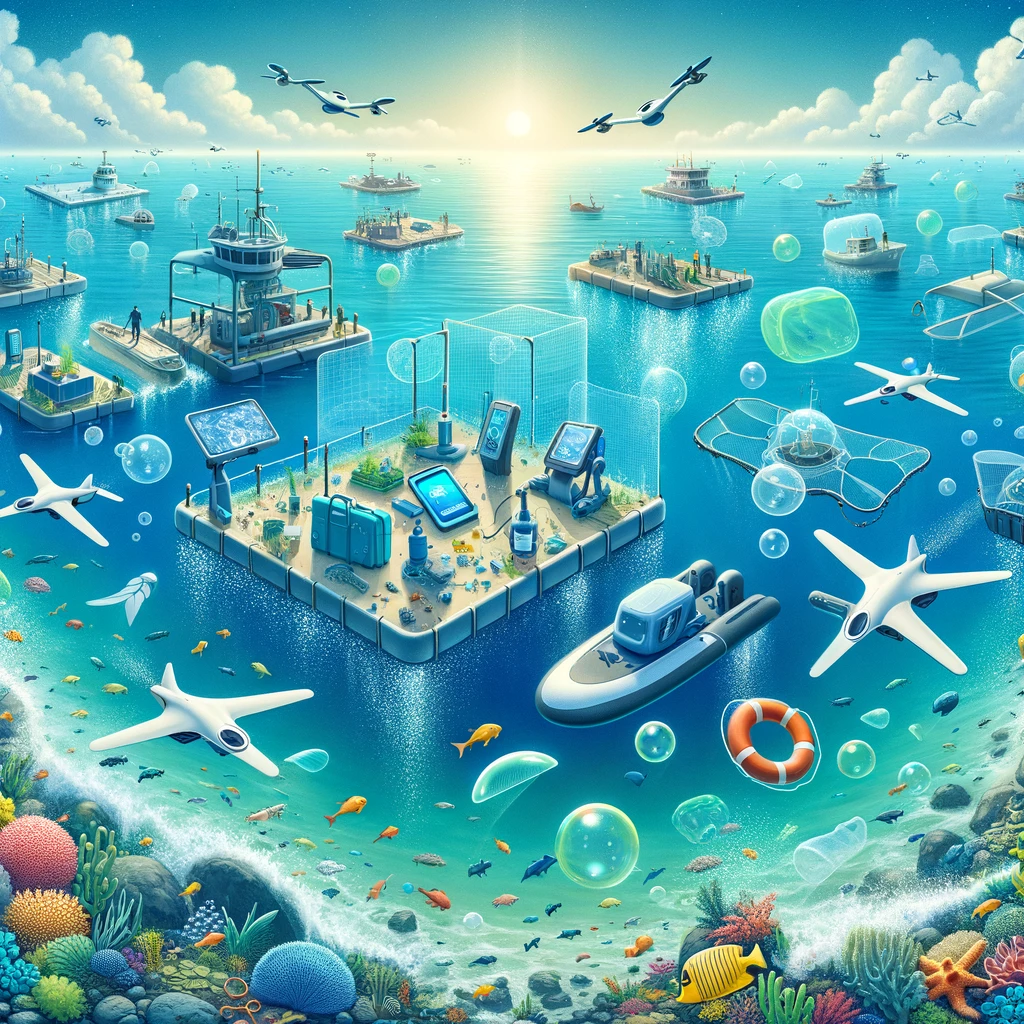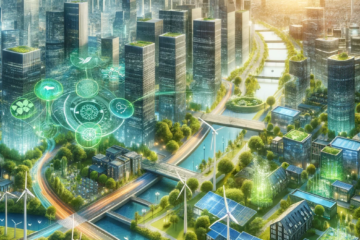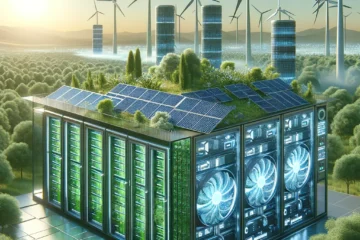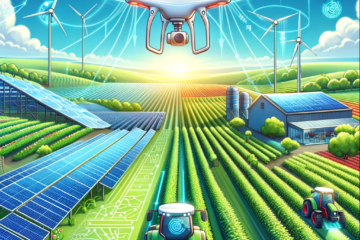Introduction
Introduce the critical issue of plastic pollution in our oceans, highlighting its impact on marine life and ecosystems. Explain the importance of addressing this global environmental challenge and introduce ocean cleaning technologies as a promising solution.
Discuss the scale of the problem, including statistics and examples of how plastic pollution affects different parts of the world’s oceans. This sets the stage for understanding the urgency and significance of developing and implementing ocean cleaning technologies.
Conclude the introduction with an overview of the article’s structure, explaining that it will cover various aspects of ocean cleaning technologies, their impact on sustainability, and their role in combating climate change.
The Magnitude of Marine Plastic Pollution
Detail the extent of plastic pollution in the oceans, providing scientific data and real-world examples. Explain how plastics enter marine environments and the long-term consequences of this pollution.
Explore the effects of plastic pollution on marine wildlife, including ingestion and entanglement, and its broader ecological impacts. Discuss the bioaccumulation of plastics in the food chain and its implications for both marine life and human health.
Highlight specific case studies or incidents that have brought significant attention to the issue of marine plastic pollution, emphasizing the global nature of this crisis.
Ocean Cleaning Technologies: A Ray of Hope
Introduce various ocean cleaning technologies currently in development or use. Describe their design, functionality, and how they specifically target and remove plastic from marine environments.
Discuss the challenges and limitations of these technologies, including technical, logistical, and financial aspects. Also, touch upon the ongoing research and development in this field, showcasing emerging innovations.
Examine successful case studies or pilot projects where these technologies have been implemented, showcasing their impact and effectiveness in real-world scenarios.
Sustainability and Ocean Conservation
Explain how ocean cleaning technologies align with sustainable practices, emphasizing their design and operation with minimal environmental impact.
Discuss the role of these technologies in broader ocean conservation efforts, including habitat restoration and protecting marine biodiversity.
Highlight the importance of integrating these technologies into a comprehensive approach to ocean conservation, including policy, education, and community engagement.
Green Technology in Action
Delve into how ocean cleaning technologies represent a significant advancement in green technology. Discuss their energy efficiency, use of sustainable materials, and overall ecological footprint.
Examine the potential for these technologies to be integrated with other green initiatives, such as renewable energy sources or recycling programs.
Discuss the role of green technology in inspiring further innovations in ocean conservation and environmental protection.
Tackling Plastic Pollution: A Climate Change Perspective
Explore the connection between reducing plastic pollution and combating climate change. Discuss how healthier oceans contribute to a more balanced global climate system.
Highlight the role of oceans in carbon sequestration and how reducing plastic pollution can enhance this natural process.
Conclude with a call to action, emphasizing the need for global cooperation and continued innovation in technologies to protect our oceans and combat climate change.
Conclusion
Summarize the key points discussed in the article, reiterating the importance of ocean cleaning technologies in fighting plastic pollution.
Emphasize the role of these technologies in promoting sustainability, advancing green technology, inspiring innovation, and addressing the broader issue of climate change.
End with an optimistic outlook on the future of ocean conservation, stressing the importance of collective efforts and technological advancements in preserving our oceans for future generations.




